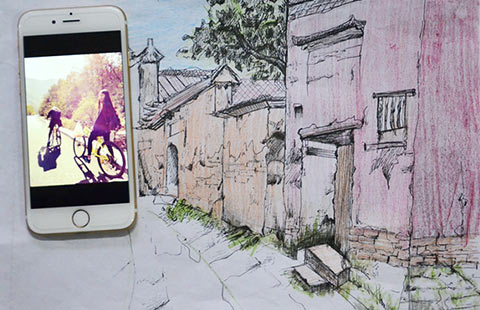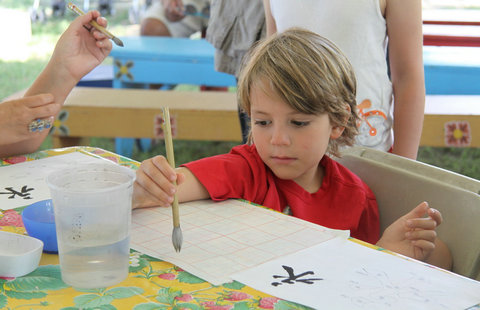Keepers of the past celebrate China's world heritage
By Wang Kaihao ( China Daily ) Updated: 2015-12-01 07:34:48
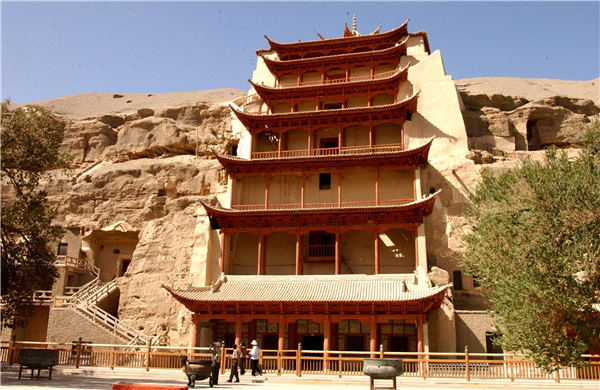 |
|
The Mogao Caves, a UNESCO World Heritage site in Gansu province, is a witness to the cultural exchanges on the Silk Road. [Photo by Xin Lei/China Daily] |
"China's cultural heritage preservers at all levels have nurtured expertise in protection, management, academic studies, supervision and display of these sites," Lu says.
She cites the restoration of the Great Wall, which is more than 20,000 kilometers, among such major works.
China's nationwide World Heritage supervision and warning system for natural decays of such property or man-made damages is still under construction, Lu says.
Annual reports and collection of data will be needed to refine the management.
Better guidance keeps coming for grassroots staff overseeing heritage locations. Chinese versions of four UNESCO World Heritage resource manuals concerning disaster prevention and management issues were released last week after five years of preparations and translation.
Lu Ye, a project officer for culture at the UNESCO's Beijing office, says a national training program, which combines efforts of different departments under the central government and the country's top academic institutions, will be launched in 2016 to generate expertise in World Heritage under an established framework.
"The World Heritage Convention cannot cover each country's needs in detail," Lu Ye says.
"We expect relevant work to be done at a nation level."
One focus of the program will be sustainable tourism development at the sites.
- Taipei Palace Museum calls on Taobao to boycott copycat gadgets
- Shrouded in heavy snowfall, Palace Museum greets a good many visitors
- Palace Museum sees a surge of tourists in off-season
- Major collaborations between top museums in China and UK
- A glimpse of the upcoming Metropolitan Chinese painting exhibition
|
|
|
|
|
|
|
|
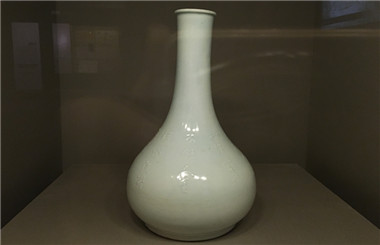





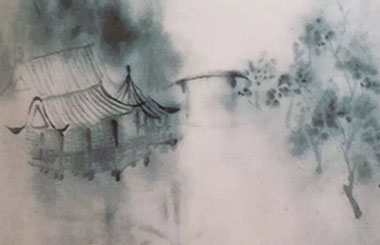
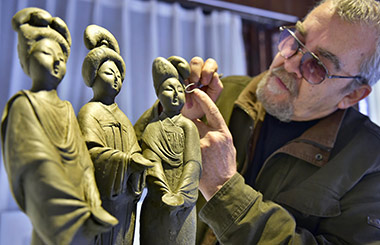







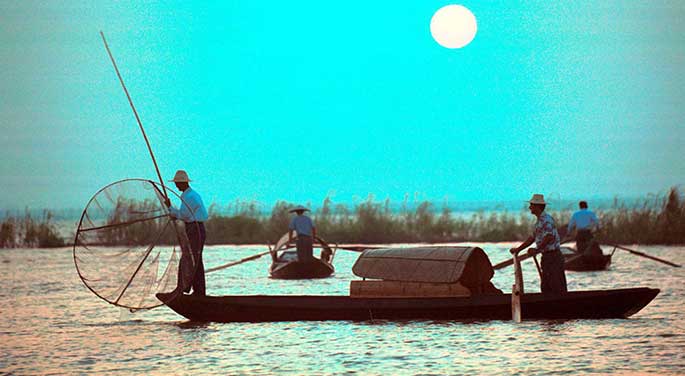
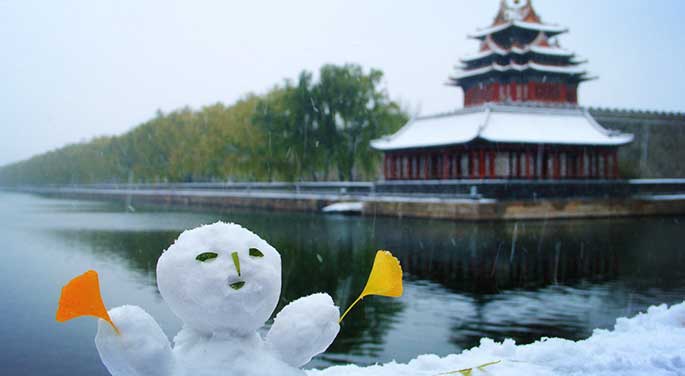




 Raymond Zhou:
Raymond Zhou: Pauline D Loh:
Pauline D Loh: Hot Pot
Hot Pot Eco China
Eco China China Dream
China Dream China Face
China Face




